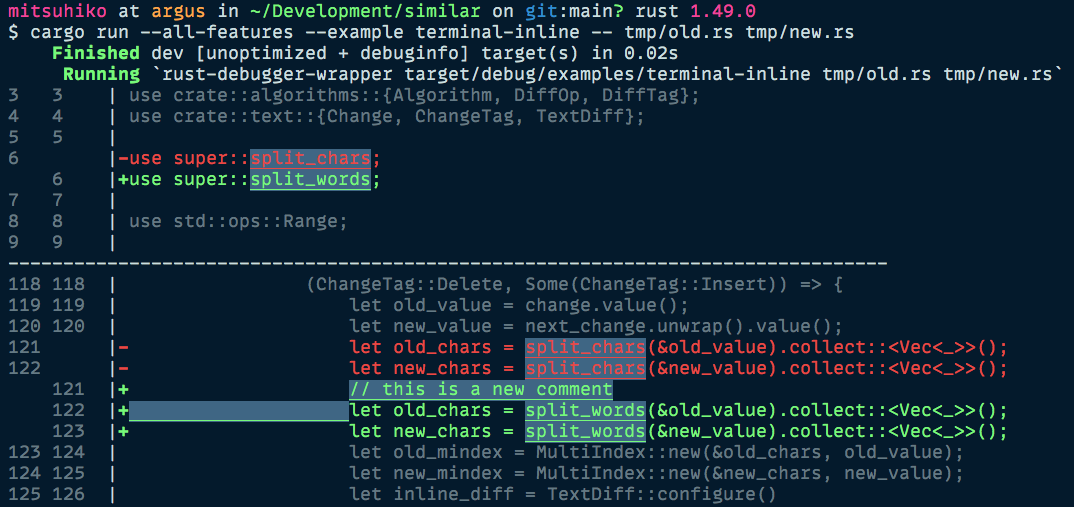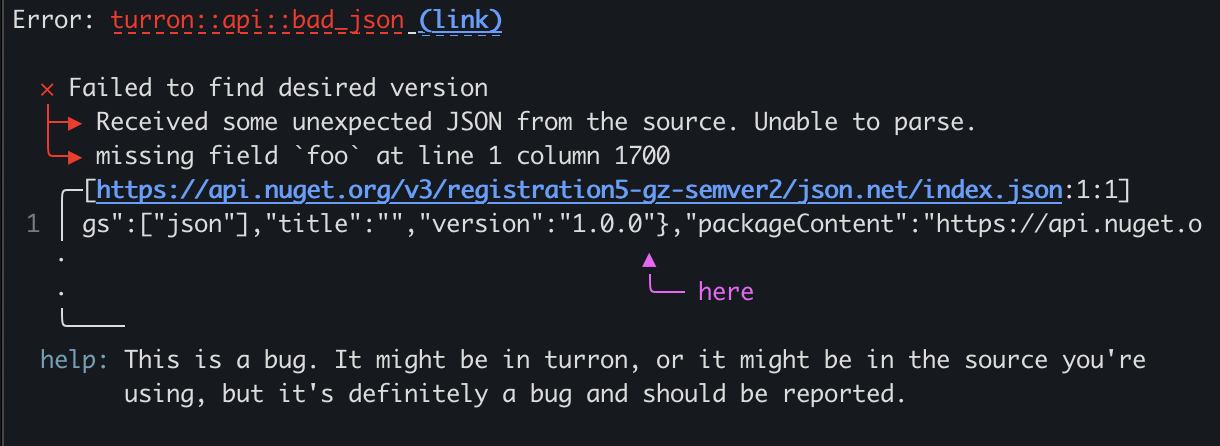Mockiato
A strict, yet friendly mocking library for Rust 2018
⚠️
Disclaimer for working with stable rust
Mockiato relies on the unstable proc_macro_diagnostics API to print helpful messages and the unstable specialization feature to be able to print expected calls.
Mocks work as expected on stable rust, but diagnostics are very limited.
We recommend re-running failing tests using nighly rust in order to pin-point the issue.
Quickstart
#[cfg(test)]
use mockiato::mockable;
#[cfg_attr(test, mockable)]
trait Greeter {
fn greet(&self, name: &str) -> String;
}
#[cfg(test)]
mod tests {
use super::*;
#[test]
fn greet_the_world() {
let mut greeter = GreeterMock::new();
greeter
.expect_greet(|arg| arg.partial_eq("world"))
.times(1..2)
.returns(String::from("Hello world"));
assert_eq!("Hello world", greeter.greet("world"));
}
}
Trait Bounds
Trait bounds are currently not supported meaning that the supertraits will not be implemented for mocks.
The following traits are always implemented for mocks:
- Debug
Example:cargo run --example debug - Clone
Example:cargo test --example clone - Default
Example:cargo test --example default
Downcasting
An example of how to use downcasting with mockiato can be found in the downcasting example.
Contributing
Enable debug impls in codegen
cargo test --features mockiato-codegen/debug-impls




